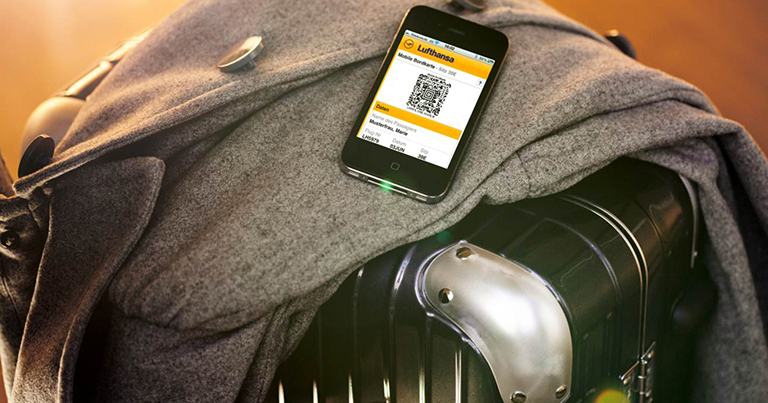
The International Air Transport Association (IATA) has revealed the results of its 2018 Global Passenger Survey (GPS), which shows that passengers are looking to new technology to give them more control, information and improve efficiency when they travel.
Based on 10,408 responses from 145 countries, the survey provides insight into what passengers would like from their air travel experience. Overall, passengers said that they want:
- Real time journey information delivered to their personal devices
- Biometric identification to facilitate their travel processes
- Automation of more airport processes
- Wait times of less than 10 minutes at security/immigration
- Their bags tracked throughout their journey
- A human touch when things go wrong
Real time journey information
Passengers want to be kept informed throughout their journey preferably via their personal device. Receiving information on flight status (82%), baggage (49%) and waiting time at security/immigration (46%) were identified as passengers’ top three priorities after booking a flight.
Real-time baggage tracking throughout the journey was seen as a must for 56% of passengers. Passengers’ preferred option for receiving information on their baggage and other travel elements was via their mobile device. Receiving information via SMS or smartphone app was preferred by 73% of passengers. Since 2016 there has been a 10% increase in passengers preferring to receive travel information via a smartphone app.
Data sharing and privacy issues
The majority of passengers (65%) are willing to share personal data for expedited security and 45% are willing to replace their passports with biometric identification. However, concerns over data protection must be addressed.
“As we move more and more towards digital processes, passengers need to be confident that their personal data is safe. IATA is working to establish a trust framework that ensures secure data sharing, legal compliance and privacy,” said Nick Careen, IATA’s Senior Vice President for Airport, Passenger, Cargo and Security.
Self-service and the human touch
The survey shows that passengers want more self-service options. Automated check-in was preferred by 84% of passengers. 47% prefer to check in online using a smartphone and only 16% prefer traditional check-in.
Some 70% of passengers want self-service baggage check-in. The electronic bag tag is growing in popularity – favoured by 39% of passengers (up 8% from 2017).
The overall experience with automated immigration procedures was rated favourably by 74% of passengers, while 72% believe that automated immigration processes are faster and 65% believe they enhance security.
However, the human touch is still preferred by some market segments and for certain situations. For example, senior travellers (65 years and older) have a strong preference for traditional check-in (25% vs global 17%) and bag drop processes (42% vs global 32%). When there are travel disruptions 40% of all age groups of passengers want to resolve the situation over the phone and 37% via face-to-face interaction.
Passenger pain points
Those passengers surveyed identified airport security/border control and boarding processes as two of their biggest pain points when travelling. The top frustrations with security were the intrusiveness of having to remove personal items (57%), the removal of laptops/large electronic devices from cabin bags (48%), and the lack of consistency in screening procedures at different airports (41%).
To improve the boarding experience, the top three desires of passengers are more efficient queuing at boarding gates (64%), the availability of overhead space on the aircraft (42%), and not having to queue on the air bridge (33%).






